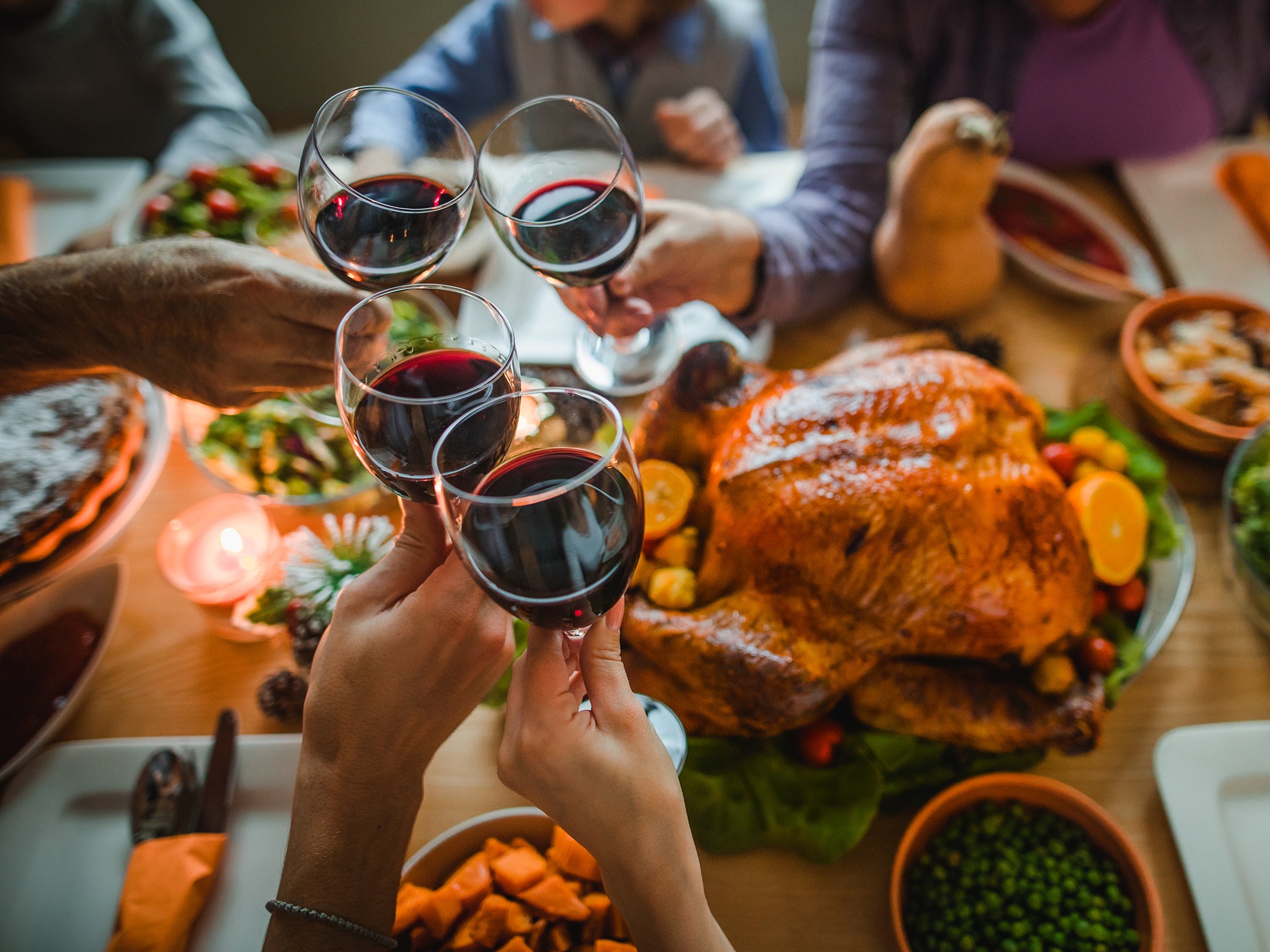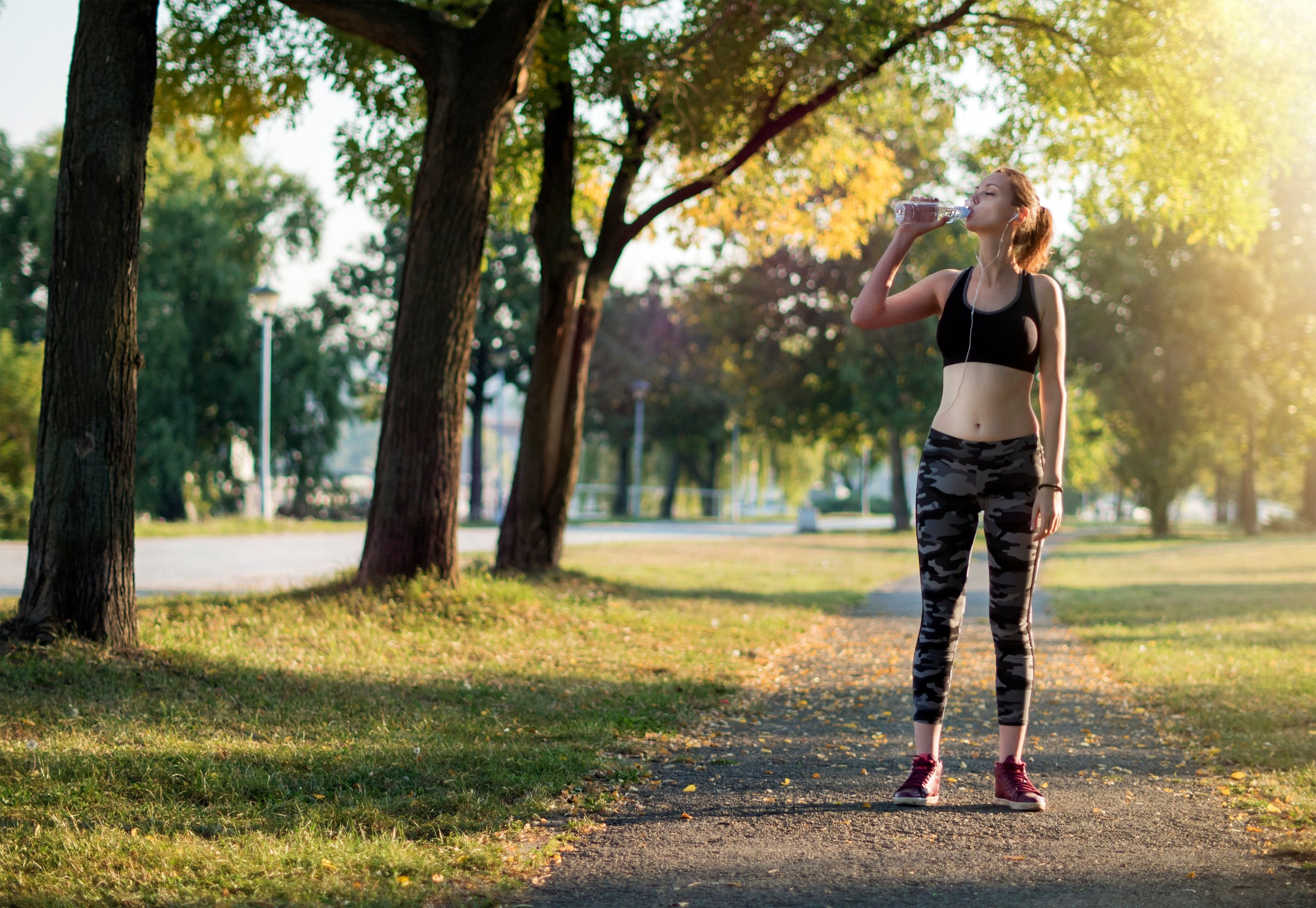
A new year is nearly upon us, meaning thousands of people are about to attempt Dry January 2023.
The aim of Dry January is to go alcohol-free for 31 days, offering your body and mind the chance for a reset. The initiative is in its 11th year and its popularity is rising.
A recent study estimated that one in seven (17 per cent) of UK adults will take part in Dry January in 2023.
But staying committed to being alcohol-free for 31 days can be challenging, especially for those socialising where alcohol is likely to be consumed. Studies have shown that a third of adults feel pressured to drink while socialising, meaning that even the most well-intentioned resolutions around alcohol can be difficult to keep.
Research conducted by Alcohol Change UK, the charity behind the Dry January initiative, reveals that almost nine million Britons are keen to sign up to the campaign, with the cost of living crisis influencing their decision.
Here are some tips for quitting drinking in the New Year:
Tell people that you’re doing Dry January
Make sure to tell someone you’re planning to do Dry January. That way, they might be inclined to hold you accountable, if you want them to. Even better: find some like-minded friends to join you. Being part of a group improves your chances at success, and will mean that your social activities don’t have to be centred around alcohol. If you make your intentions known, together, chances of success are much higher.
Use mindfulness to cut down on your drinking
Paying close attention to why you want a drink, rather than the drink itself, can help you cut down on your alcohol consumption. For example, having a glass of wine at work drinks is likely due to the social situation, rather than wanting the drink itself. Mindful drinking awareness can help you understand your drinking habits and give you more chances at success during Dry January.

Remove alcohol from your immediate environment
Store visible bottles of alcohol away in cupboards or throw out unwanted booze to avoid temptation. Removing it out of sight may well reduce how much you think about having a drink and save you from reaching absentmindedly for that bottle of wine left on the counter.
Plan ahead
It’s good to have a game plan in place for how you’ll respond to different situations. How will you react when someone offers to buy you a drink? It’s also good to have a plan in place if you lapse and have a drink, like reminding yourself to continue Dry January despite the challenges you might face. Create rules that you for yourself to follow and stick to.
Reward progress
While you might typically reward yourself for a busy day at work with a drink, reward yourself for the progress you’re making while alcohol-free. Perhaps that’s doing something you love, like an activity, or binging a series you’ve been meaning to watch.
Enjoy the benefits

It’s good to feel pride about your achievements while you’re cutting down on alcohol. In fact, it’s good to remind yourself of the benefits of quitting drinking for your health; including reducing your risk of developing alcohol-related cancer, alcohol-related liver disease, alcohol-related heart disease or stroke, and lower your blood pressure.
Drink lots of non-alcoholic fluids to stay hydrated
The drastic switch from festive indulgence to Dry January can sometimes lead to dehydration in the first few days of Dry January. It’s good to keep drinking lots of fluids to hydrate and energise yourself through the month.
If you or someone you know is suffering from alcohol addiction, you can confidentially call the national alcohol helpline Drinkline on 0300 123 1110 or visit the NHS website here for information about the programmes available to you.







